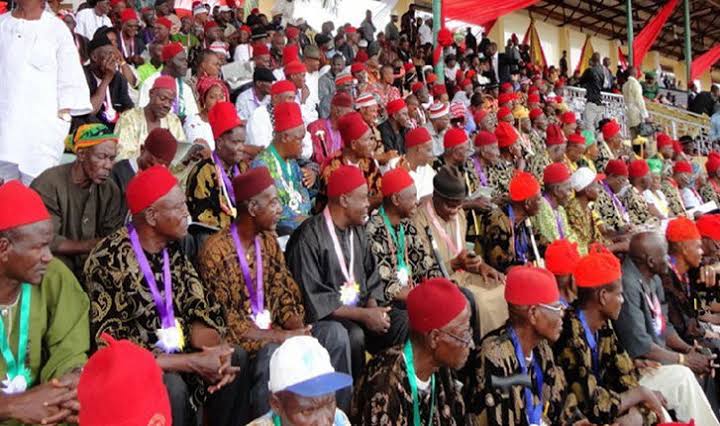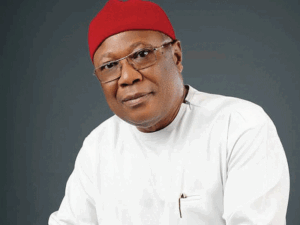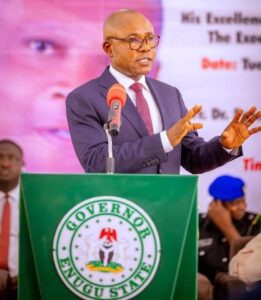The Ohanaeze Ndigbo Worldwide and the Coalition of South-East Youth Leaders have strongly criticised former military Head of State, General Yakubu Gowon, over his recent comments suggesting that the late Biafran leader, Chukwuemeka Odumegwu Ojukwu, was responsible for the Nigerian civil war. Reacting to Gowon’s claims, the groups insisted that the former head of state was attempting to rewrite history and absolve himself of responsibility in the events that led to the conflict.
The Deputy National Publicity Secretary of Ohanaeze Ndigbo Worldwide, Ikechukwu Oji, stated in a telephone interview that Gowon reneged on the Aburi Peace Accord reached in Ghana in January 1967—a move that ultimately triggered the war. He said the terms of the agreement were well-documented and still available in public archives.
“We are quite surprised at the utterances of Gowon concerning the civil war. Gowon, who is meant to be an elder statesman, appears to be rewriting history. At his age, he should not be afraid of telling the truth,” Oji said. “All the accounts stated that the Aburi Accord was agreed to douse tension and stop the impending war… Unfortunately, after Gowon got home from Ghana, he was wrongly advised by some international bodies and locals not to implement the agreement.”
Oji added that rather than blaming Ojukwu, Gowon should focus on addressing more pressing national concerns, such as the security crises in Benue and Plateau states. He stressed that Ojukwu never violated the accord, but that Gowon made contradictory pronouncements upon returning from Ghana, thus igniting the breakdown in relations.
“It would have been more honourable and statesmanlike for Gowon not to come publicly and lie that Ojukwu caused the war. That was a blatant lie… Instead of dishing out falsehoods, he should concentrate on how the three R’s—Reconciliation, Reconstruction, and Rehabilitation—can be implemented.”
Echoing similar sentiments, the President General of the Coalition of South-East Youth Leaders, Goodluck Ibem, emphasised the importance of historical clarity and blamed the war on the Gowon administration’s failure to uphold the March 1967 Aburi agreement.
“The Aburi Accord was a crucial step toward peace and understanding between the regions of Nigeria… Had General Gowon honoured the commitments outlined in the Aburi Accord, the descent into civil conflict could have potentially been avoided,” Ibem said.
He urged Nigerian leaders to reflect on the past with honesty and to educate future generations on the true causes of the war. “We emphasise the importance of understanding our history to build a more inclusive and harmonious future… We call on Gowon and other key figures from that era to engage in meaningful dialogue—one that prioritises truth, accountability, and mutual understanding.”




